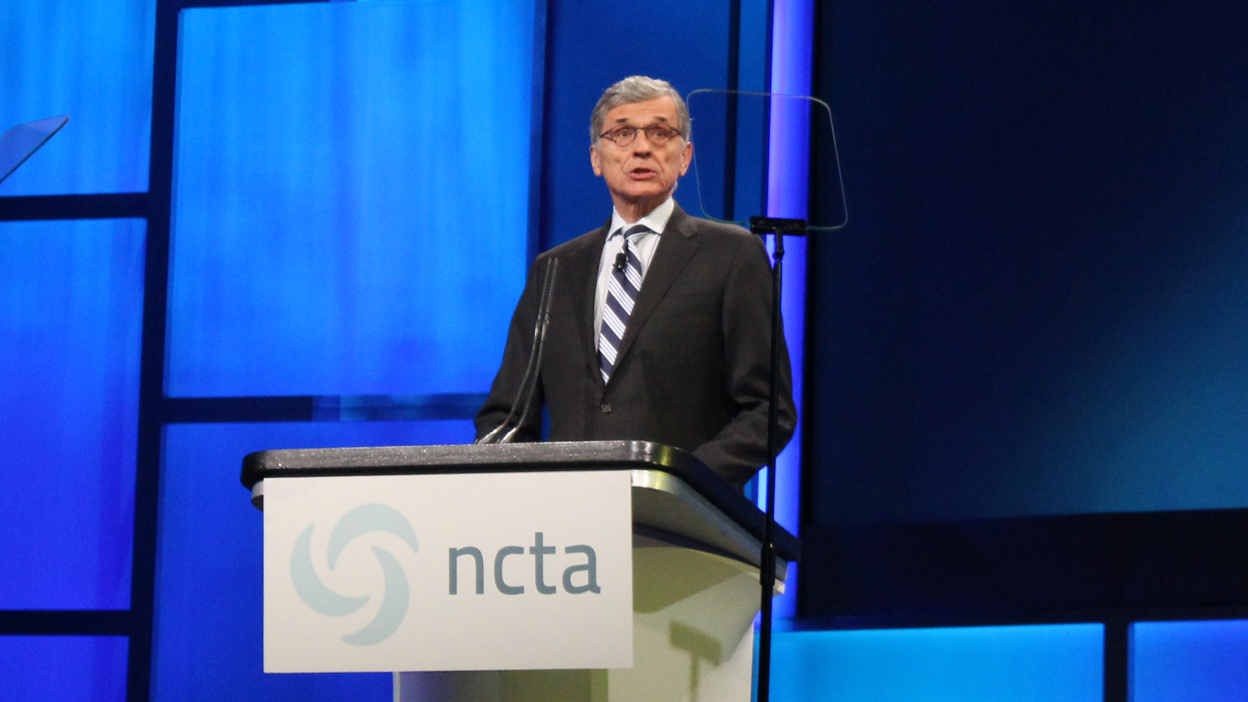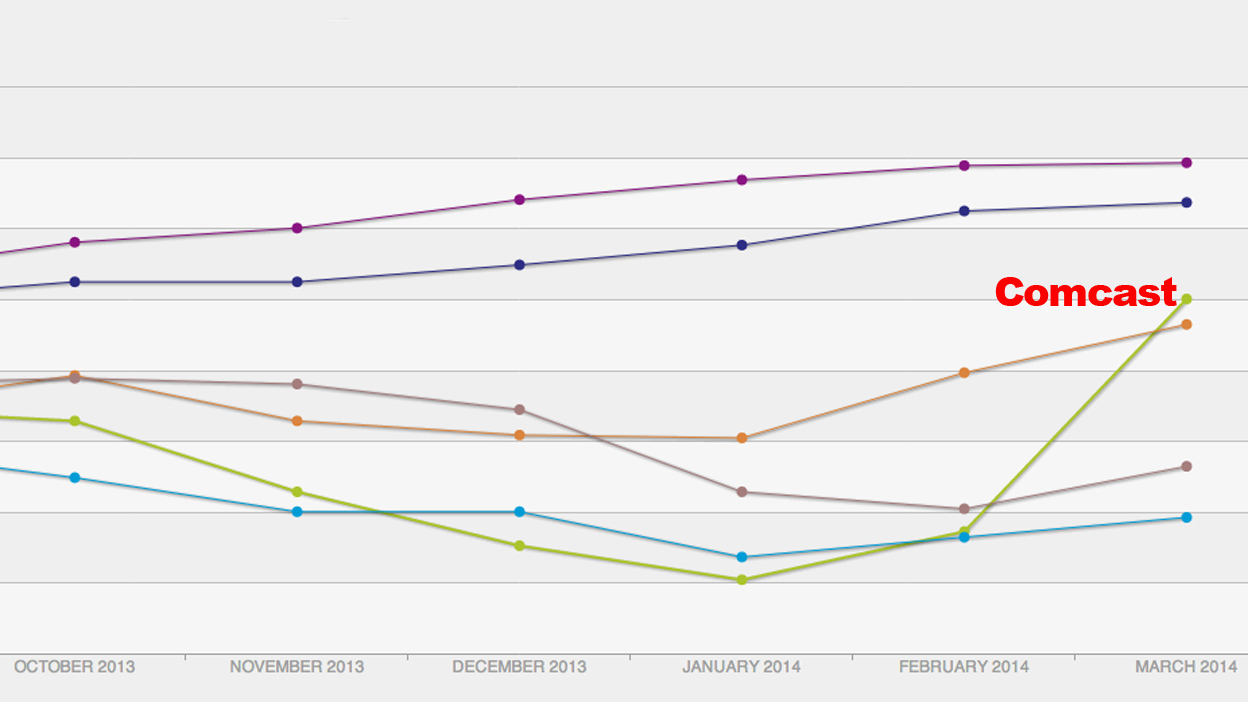Net neutrality just scored a major victory - here's what it means for you
The internet will be regulated as a public utility

Sign up for breaking news, reviews, opinion, top tech deals, and more.
You are now subscribed
Your newsletter sign-up was successful
A federal court ruled today that high-speed internet service can be defined as a utility. This decision upholds the principles of net neutrality, a doctrine created by the Federal Communications Commission (FCC) that prohibits broadband companies from prioritizing one type of internet traffic over others.
This ruling is great news for web users as net neutrality ensures all internet traffic is treated fairly. "Today's ruling is a victory for consumers and innovators who deserve unfettered access to the entire web, and it ensures the internet remains a platform for unparalleled innovation, free expression and economic growth," said FCC Chairman Tom Wheeler.
If broadband companies manage to have today's court decision overturned, they could prioritize their own traffic over a competitor's, or force competitors into paying them for uninhibited internet traffic delivery. For web users, the absence of net neutrality could mean paying more to "unlock" parts of the internet.
For example, without net neutrality, Comcast could theoretically deliver its own video content from its Xfinity video platform more quickly over competitors like YouTube and Netflix. Comcast could then, theoretically, charge YouTube or Netflix to be "unlocked" at full speed or could even charge consumers to speed up these services, basically forcing them to pay more for services they already use.
- On December 14, 2017, the US FCC (Federal Communications Commission) repealed net neutrality rules, sparking an outcry among startups, NGOs, but also the public in general, in the US or abroad. VPNs can actually allow you to get around Net Neutrality controls set by ISPs. Here is a list of the best VPN providers we've tested.

Internet as a public utility
The biggest news from today's ruling is that the internet is a public utility, like water and electricity. This means the internet is no longer considered a luxury, but a necessity, for all Americans. As with other utilities, the internet will face closer government oversight from here on out.
"After a decade of debate and legal battles, today's ruling affirms the [FCC]'s ability to enforce the strongest possible internet protections - both on fixed and mobile networks - that will ensure the internet remains open, now and in the future," said Wheeler.
The FCC also proposed privacy rules back in March, which were voted on and approved, to help protect information about broadband subscribers. These rules would limit the amount of data a broadband company can collect about their subscribers and require customers to opt into sharing their data to third-parties.
Sign up for breaking news, reviews, opinion, top tech deals, and more.
Despite today's victory, the battle over net neutrality is far from over. Companies like AT&T and Verizon already plan to appeal the decision. Broadband companies hope to elevate the ruling to the Supreme Court to settle the fight once and for all.
- Net neutrality: what it is and how it affects us all
